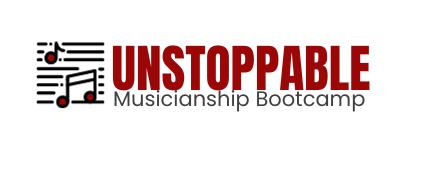Composing
Become a Composer
Learn the fundamentals of how music works, ideally through fixed do solfege lessons like at The French School of Music. The Solfege Project and Solfege Teaching Guide detail how this method works. French School solfege classes were effective because the focus is on creating music from day one, not just listening to music.
Learn an instrument, and, if that instrument is not piano, at least develop basic keyboard competency with the piano. Instrument ability will usually dictate the level to which a composer can aspire.
Read "The Study of Counterpoint" from Johann Joseph Fux's "Gradus ad Parnassum", first published in 1725 and translated into English by Alfred Mann in 1965. I did things the hard way, meaning I simply went by what "sounded good" and didn't. That's awfully vague and can result in decades of struggle. Fux's work was studied by Haydn, Mozart, Beethoven, Liszt, etc. Fux begins with what intervals are consonant versus dissonant, and describes how music moves. With a few starting rules (analogous to training wheels on a bike), you won't be able to help yourself, you will begin composing and experimenting. Long before we knew about using the SMART acronym (Specific, Measurable, Achievable, Relevant, Time-bound) to fashion measurable, actionable goals, Fux did exactly that with Gradus ad Parnassum. I once created an exercise explaining these starting definitions and rules, and the response from my solfege students was jumping up and down and screeching because they immediately got it. By week two they were composing.
And finally, embark on a lifelong journey of continuous improvement by studying information at websites like this: fundamentals and theory.
Blog Posts
Backing Tracks
Duets and backing tracks are a great way for new composers to get a start in composing by adding to existing tracks of music. These are Garageband files you can download and play with, and you’ll see they have looping enabled so when you hit the play button it will simply repeat over and over, so you have a chance to build your own music on top and can record it in a new track when you’re ready. Some have endings, some do not. Some have a right hand only, or a left hand only.
Incomplete Tracks
These are unfinished compositions that likely will not be finished, or will require a significant rewrite to finish. Feel free to play with them and see if you can continue in the style, improve them, or come up with an ending.
